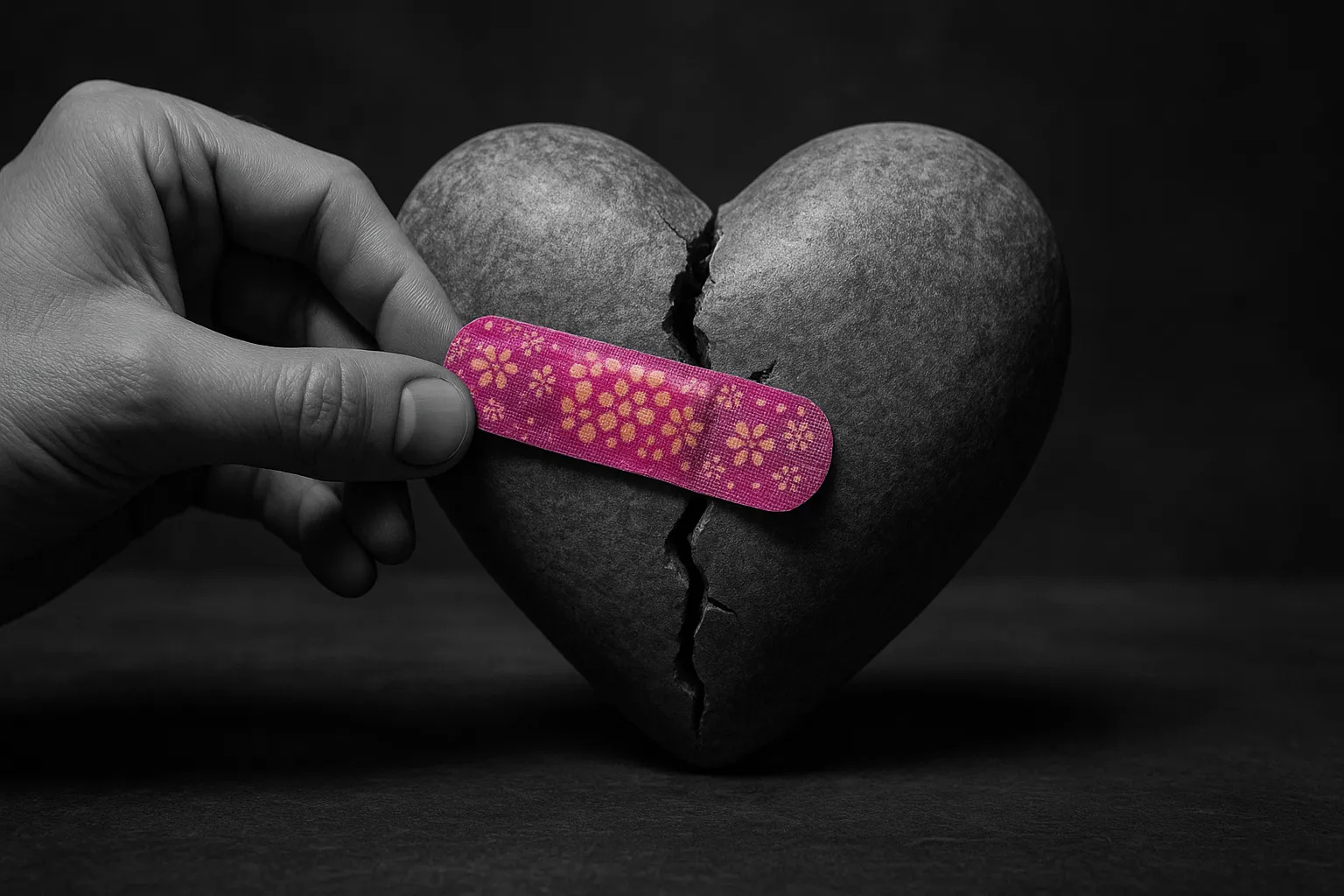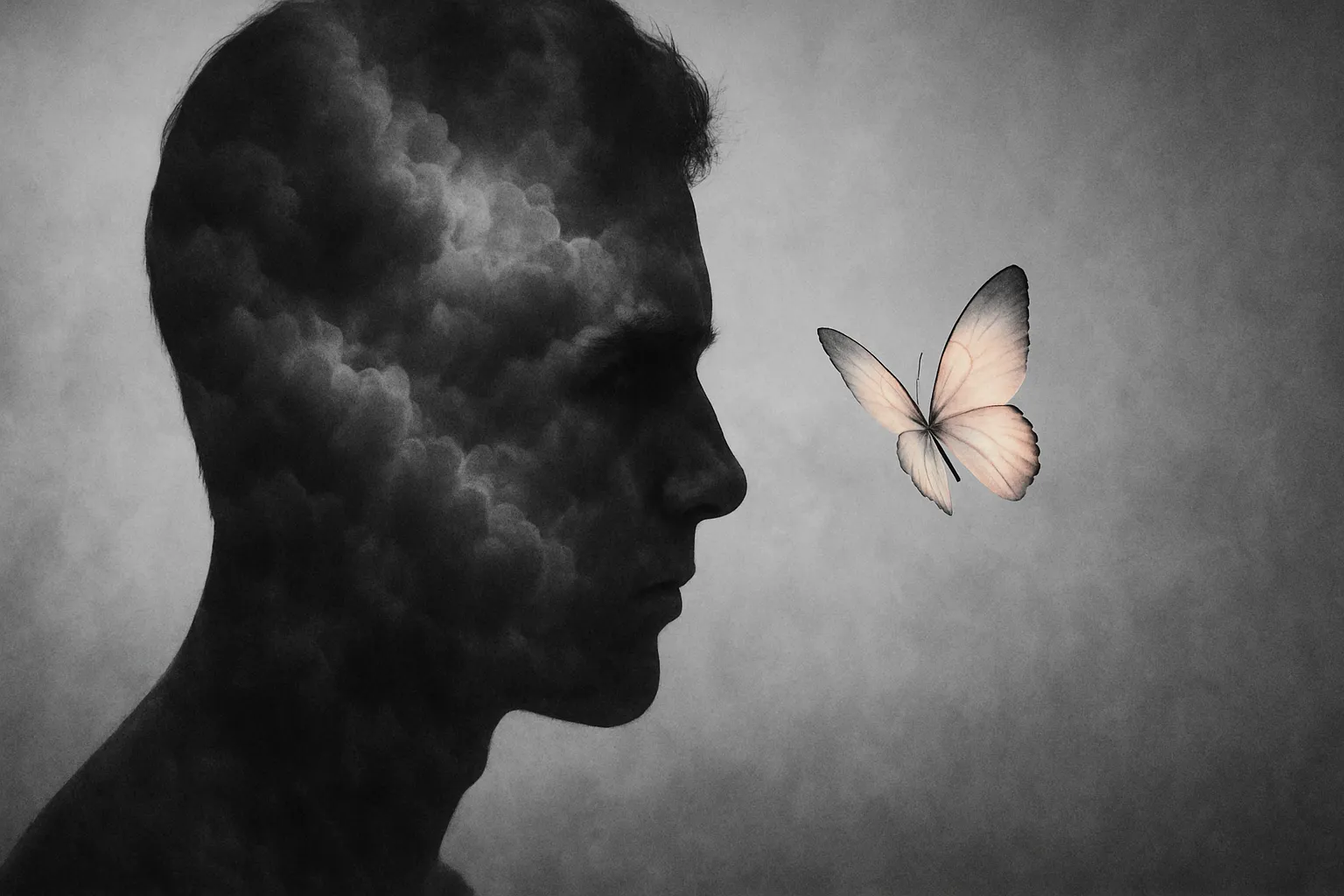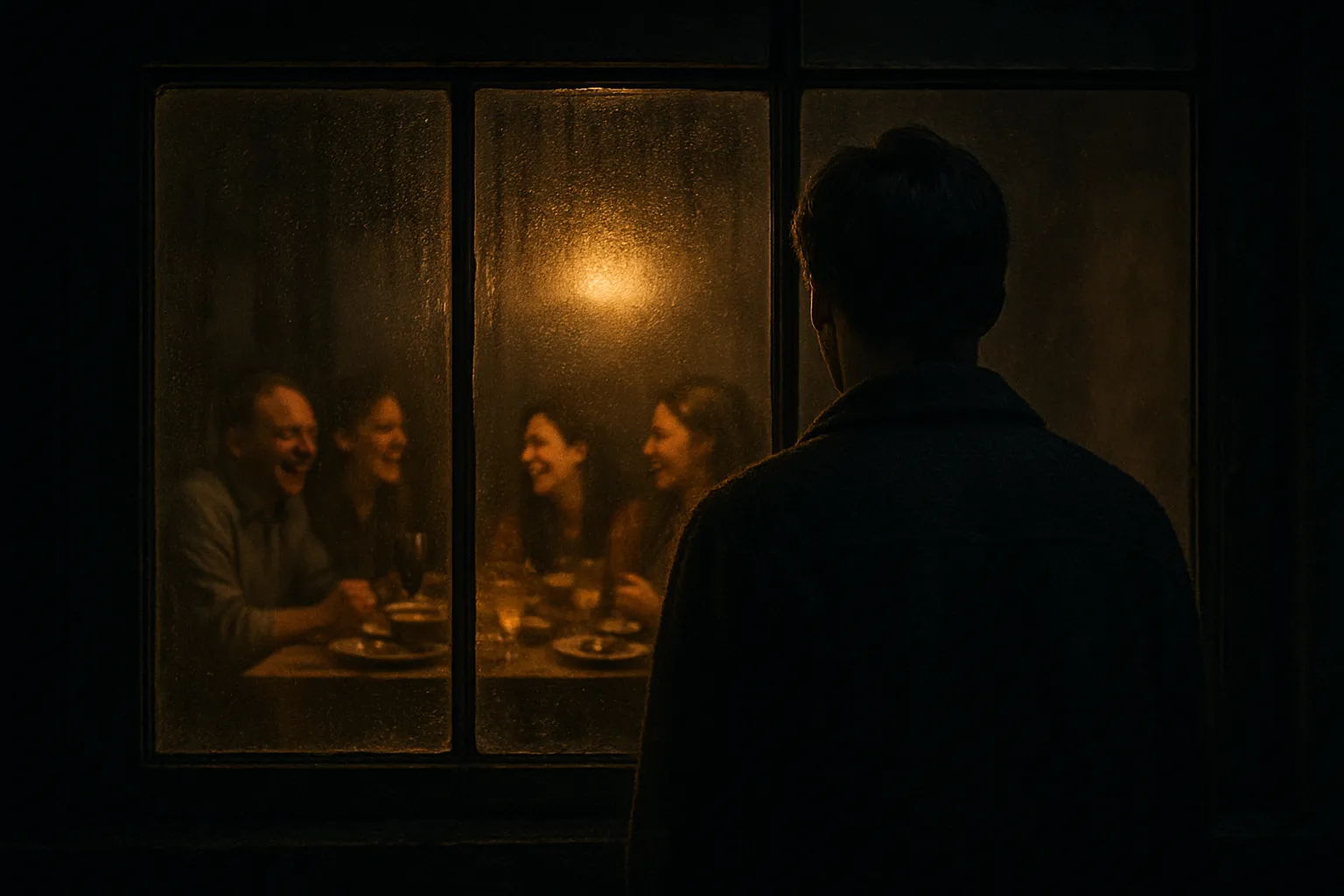Avoiding Rebound Relationships

The Allure of the Quick Fix
In the throes of heartbreak, the pain can feel unbearable. The silence is deafening, and the loneliness is a physical ache. In this state, the idea of a new romance—with its flattering attention, exciting chemistry, and welcome distraction—can feel like a lifeline. This is the powerful allure of the rebound relationship. It's a relationship entered into shortly after a significant breakup, primarily as a coping mechanism to avoid the pain of the previous loss. While it offers a temporary anesthetic, the rebound is often a poor foundation for a new connection and a major obstacle to your own healing.
The Psychology of the Rebound: Why We Jump in Too Soon
Understanding why we're drawn to rebounds is the first step to avoiding them. This isn't a character flaw; it's a predictable response to intense emotional pain.
- It's a Potent Painkiller: The validation and excitement of a new person provides a powerful hit of dopamine, the brain's feel-good chemical. This can effectively numb the acute pain of withdrawal from your last relationship.
- It's an Instant Cure for Loneliness: A new person immediately fills the empty space in your evenings and weekends, silencing the void left by your ex.
- It's an Ego Boost: Rejection can shatter your self-esteem. The admiration of someone new is a quick and effective way to restore your sense of desirability and feel "good enough" again.
- It's a Form of Emotional Avoidance: Ultimately, a rebound allows you to skip the most difficult part of a breakup: the lonely, painful work of grieving, self-reflection, and learning to be whole on your own.
The Hidden Costs: Why Rebounds Often Fail
Using a new person as an emotional bandage has significant costs, both for you and for them.
- You Are Not Truly Available: You haven't had time to process your last relationship, which means you are likely to project unresolved issues onto your new partner. You are still looking at the world through the lens of your last heartbreak.
- You Haven't Learned the Lessons: By not taking time to reflect, you miss the opportunity to understand your own patterns and what went wrong in your last relationship. This makes you highly likely to repeat the same mistakes.
- It's Unfair to the New Person: You are using them as a transitional figure, a "bridge" to get you from your past to your future. They are entering a relationship with someone who is emotionally unavailable, which is likely to end in them getting hurt.
- The Grief is Only Delayed: The pain you are avoiding does not go away. It simply gets suppressed, and it will inevitably surface later—often triggered by something in the new relationship, which can cause it to collapse.
The Antidote: Taking a "Sacred Pause"
The only true way to avoid a rebound is to be intentional about your healing. This means committing to a "sacred pause"—a designated period of time after your breakup where you consciously choose to be single. This is not a punishment; it is a profound gift to yourself. This is the time to:
- Fully grieve the end of your last relationship.
- Rediscover your own identity, hobbies, and friendships.
- Get crystal clear on your needs, values, and dealbreakers.
- Learn to be happy, stable, and whole, entirely on your own.
Choose Your Next Partner, Don't Chase a Feeling
A rebound relationship is about chasing a feeling—the feeling of not being lonely, the feeling of being desired. A healthy relationship is about consciously choosing a specific person from a place of wholeness and self-sufficiency. The time you spend in your "sacred pause," as difficult as it may be at times, is the most important investment you can make in the success of your next relationship. By resisting the temptation of the quick fix, you are honoring your past by properly grieving it and honoring your future by ensuring you enter it as a healed, conscious, and truly ready partner.


